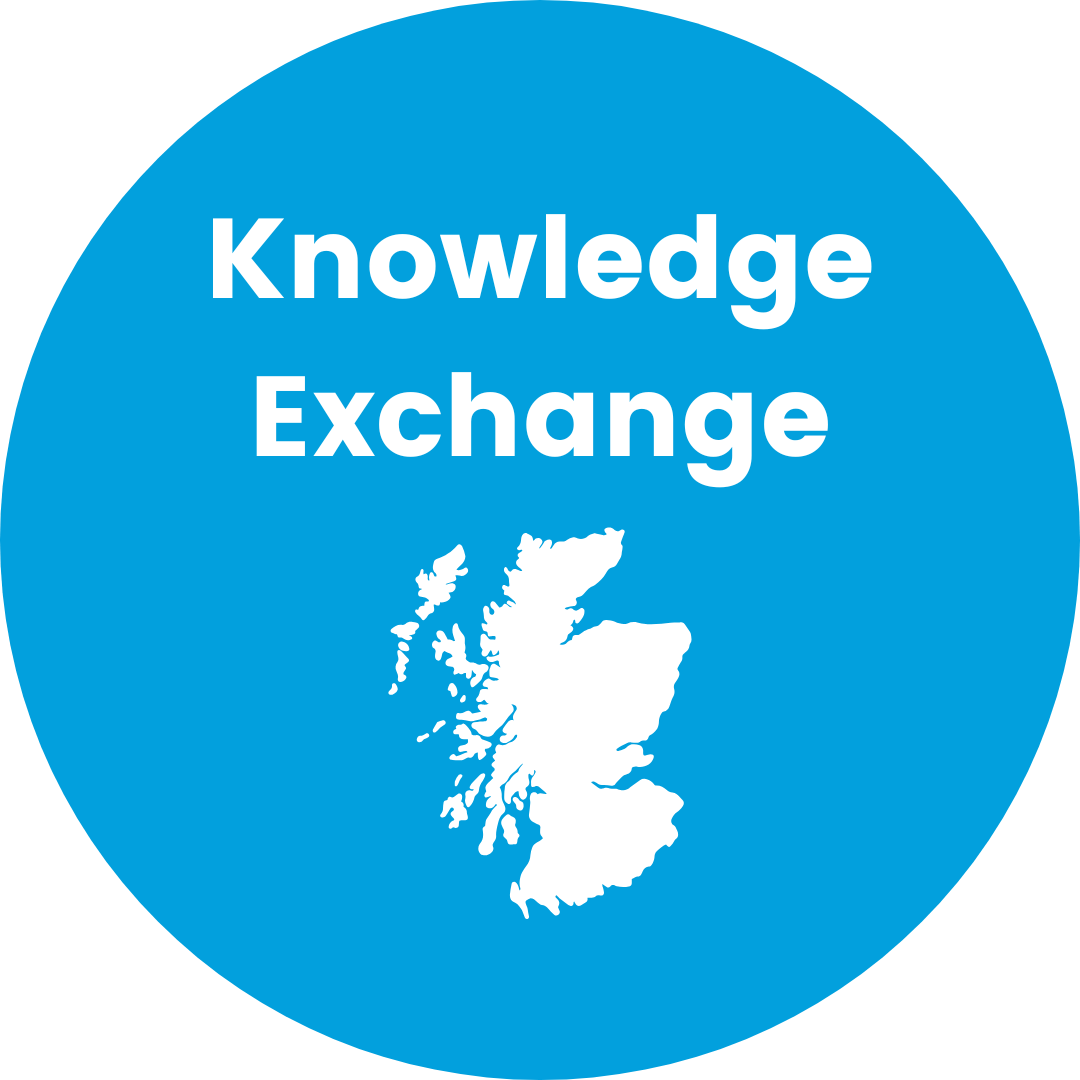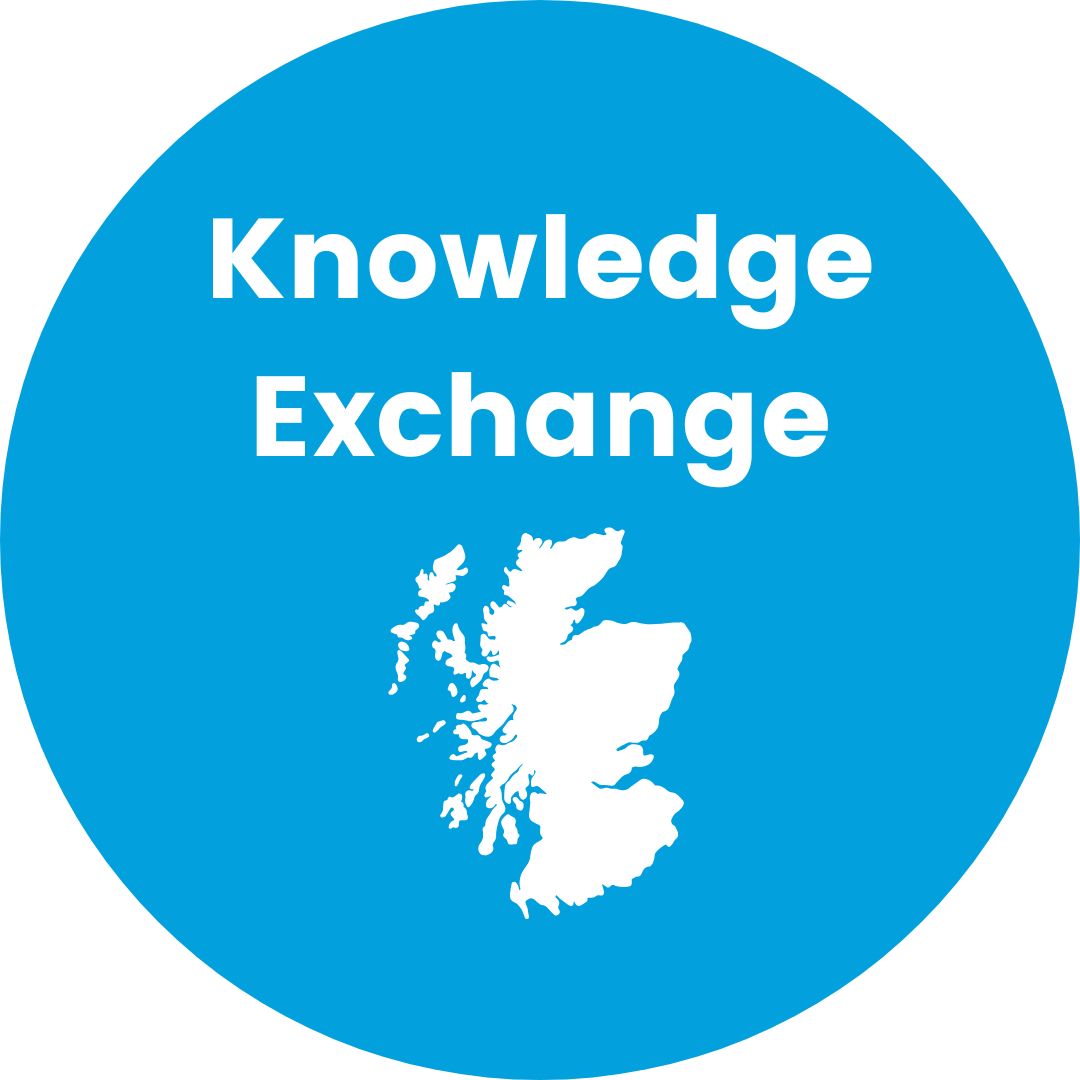Welcome to our Knowledge Zone!
Here, you can find everything from our project outputs to impact statements and beyond.
Library of Projects Outputs
Here you can find a collection of the different outputs across our projects that are helping others to make a difference to children’s lives.
All of the outputs can be filtered by the project, theme, and our Theory of Change Outcomes (ToC). The ToC outcomes are:
Knowledge Exchange - a collection of useful resources spanning various topics where we share what we and our project teams have learned,
Actionable Insights - a collection of the different outputs across our projects that are helping others to make a difference in children’s lives,
Responsible Innovation - all outputs that relate to our Responsible Innovation framework, which helps us use data to improve outcomes for children in a safe, trusted and transparent way.
Discussion paper exploring lessons learned throughout the evaluation of Aberlour’s Early Years Services that could help other third-sector organisations, commissioners, and funders improve how early-years and preventative services are evaluated.
This report brings together findings from two linked work packages: one exploring data protection officer (DPO) challenges through discovery sessions, surveys, and stakeholder mapping; and the other investigating how existing tools support (or fail to support) practice through interviews and focus groups.
This report brings together an overall narrative review of what good data sharing looks like in practice, alongside a set of detailed examples from a number of US and European jurisdictions, including recent successes from within Scotland.
This report focuses on the development of a Transparency Enhancement Tool using semantic ontology to help visualise data flows, stoppages, and organisational dependencies.
This report focuses on exploratory research into workforce training and development for data sharing.
This report focuses on organisational risk maturity and the communication of risk guidance within the care ‘system’.
This is a summary of a white paper assessing the current state of public service integration across statutory, public, third, and independent sector organisations.
This Data Protection Impact Assessment (DPIA) Template Pack combines narrative structure with visual representation to better understand risk, roles, and responsibilities. The report outlines how the DPIA template can be used in practice, making data sharing arrangements easier to assess, communicate, and explain.


